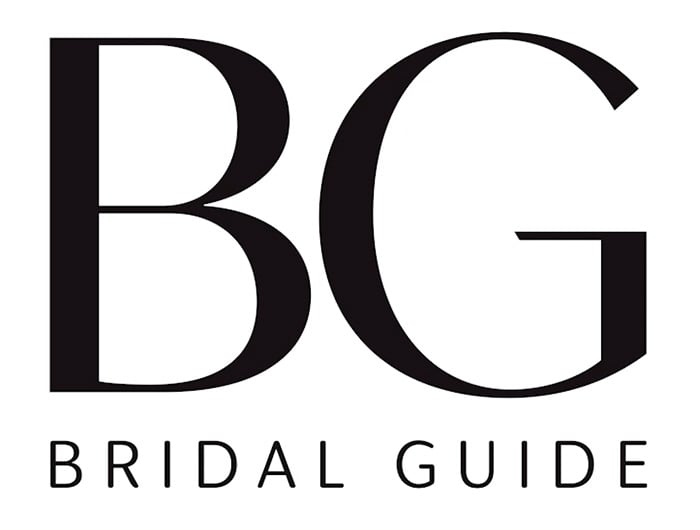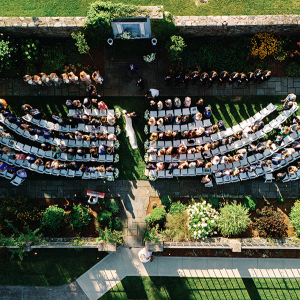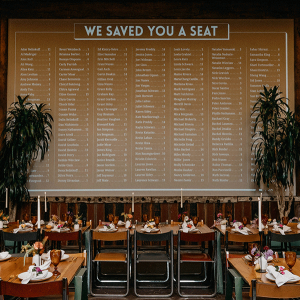You’re super excited about your big day, even though your to-do list seems miles long. But how do you know if that DJ you’re eyeing will be a good fit? Or if you should hire that perky photographer?
By: Leslie Quander WooldridgeRed Flags:
If a vendor has traits from this list, you may want to say “I don’t” when it comes to working together.
There’s no insurance — or not enough. You hope nothing goes wrong on your big day, but if it does, a vendor’s insurance can help protect all parties. “Wedding vendors should be insured for a minimum of 1 million dollars,” says Weiner. “Be sure to ask about their insurance coverage during your meeting.”
The vendor lacks a license. Laws can vary by state, but lack of a license can be a big red flag. In general, all caterers should have some type of license or permit from a city or county health authority. “In California, you have to be in a licensed kitchen,” adds Brune. So ask what licenses are typically required, and make sure your vendor has them.
There is no contract. This document is a must. It should fully explain things like how deposits and payments work, what the cancellation policy is, and what exactly you’re responsible for versus what the vendor will provide. “If they don’t have a contract, that’s a red flag,” Gomez says.
Your styles are super different. You don’t need to be a carbon copy of your service provider, but your styles should blend. “If you are a bohemian style bride, chances are you are not going to like a more traditional wedding planner's photo gallery,” notes Weiner.
Pushiness prevails. If a vendor doesn’t respect your ideas or your budget or makes you feel uncomfortable, be concerned. “If you walk away from a meeting not liking the person, you are probably not going to like their work or their presence on the big day,” Weiner says.
Your wedding planner has no staff. Some really great vendors start off working alone — and some (like your officiant) always will. But solo operations can be problematic for wedding planners. “If it is a one-man show, but the planner says they take more than one event a day, chances are you are not going to be getting the attention and service that you will be paying for,” says Weiner. “There should always be two planners involved, not only on the day of, but during the entire planning process. If something were to come up with one of the planners, there is always a backup person equipped to take the lead.”
The vendor is overbooked. “Ask how many events they usually take on any given day,” says Weiner. And when you’re dealing with a makeup artist or hair stylist, for instance, ask how long your appointment will be to make sure you’ll have sufficient time. (You should have an idea of how much time you need from your trial.) If a vendor is late or ducks out early, you won’t be happy.
You’ve never seen the person in person. If you’re planning a local wedding, get together. “Meeting in person is key to see whether or not your personalities blend well,” says Weiner. “Most local vendors prefer to meet their clients in person, so it is definitely a red flag when they do not want to meet face-to-face.” And if you are planning a destination wedding, try to have productive, detailed conversations.
The vendor doesn’t understand your vision. “I always ask the guest what their vision is. It’s very important that they have a vision and some idea of what they’re looking for,” says Gomez. Once you’ve explained this, a vendor should be able to show you that he or she understands. This is especially important if you’ll be following cultural or other traditions. “Our job is to execute; to make [things] easy,” Gomez adds.
Your vendor lacks experience. Everyone has to start somewhere, but you may not want to use an untested person. You may also want to avoid working with family and friends for this reason. “Don’t take a chance because they’re really nice,” says Gomez. “They need to understand what they’re doing and be nice to work with.” So do your best to hire the best — and then enjoy your big day.







